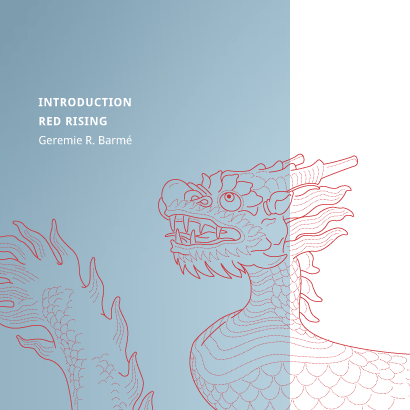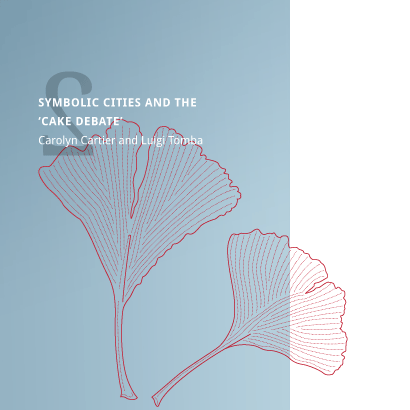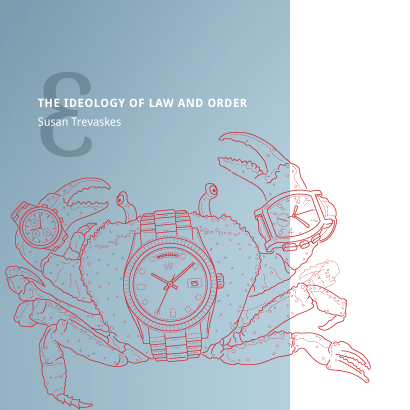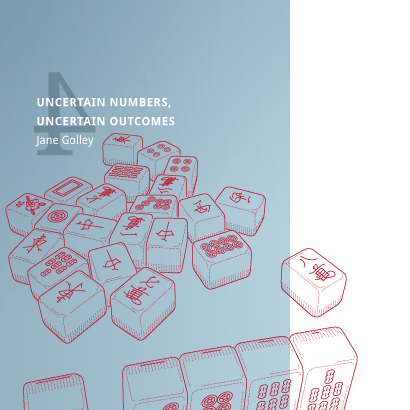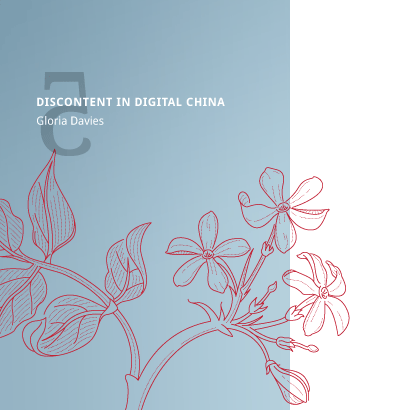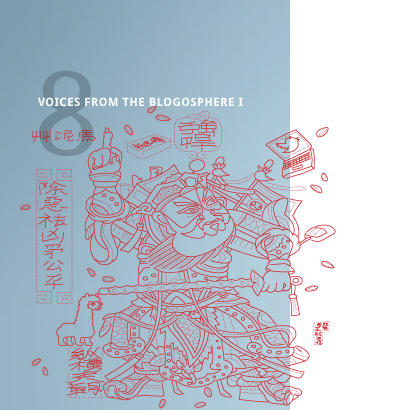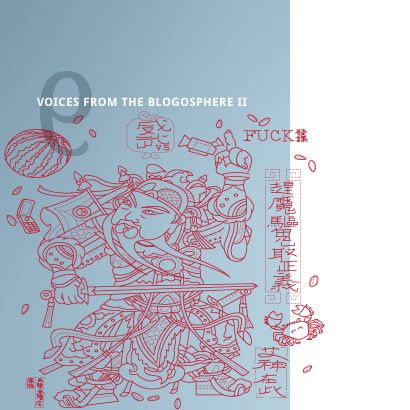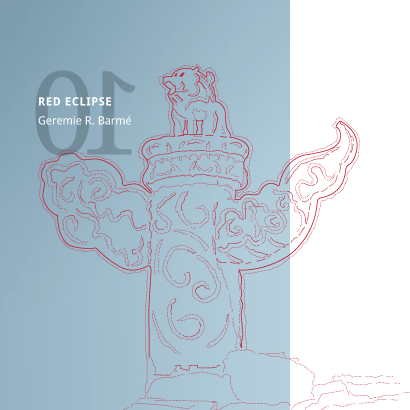Each chapter in the China Story Yearbook is introduced by a pictorial motif. They are:
Introduction: head of a dragon, inspired by a dragon boat at the Yihe Yuan Summer Palace in Beijing.
Chapter 1: map of the South China Sea.
Chapter 2: the leaf of a gingko tree, a reference to the mass planting of gingkos during Bo Xilai’s tenure as Party Secretary of Chongqing.
Chapter 3: a crab with three watches. The ‘river crab’ (hexie 河蟹) is a mocking reference to ‘harmonising’ (hexie 和谐) or Chinese government censorship on the Internet. The three watches (san ge biao 三个表) is a pun on the ‘three represents’ (sange daibiao 三个代表) Jiang Zemin-era Party theoretical formulation of the year 2000 that declared: ‘the Party must always represent the requirements of the development of China’s advanced productive forces, the orientation of the development of China’s advanced culture, and the fundamental interests of the overwhelming majority of the people in China.’
Chapter 4: mahjong tiles.
Chapter 5: a jasmine flower, which was banned in China for some months due to the 2011 Jasmine
Revolution in the Middle East.
Chapter 6: a caricature of the modern-day pseudo-sage Li Yi, pictured in a gourd, a traditional Taoist symbol related to alchemy.
Chapter 7: a map of of China’s high-speed train system.
Chapter 8: a temple door god as reinterpreted by Ai Weiwei’s studio.
Chapter 9: a temple door god as reinterpreted by Ai Weiwei’s studio.
Chapter 10: huabiao, the leitmotif of the book.


